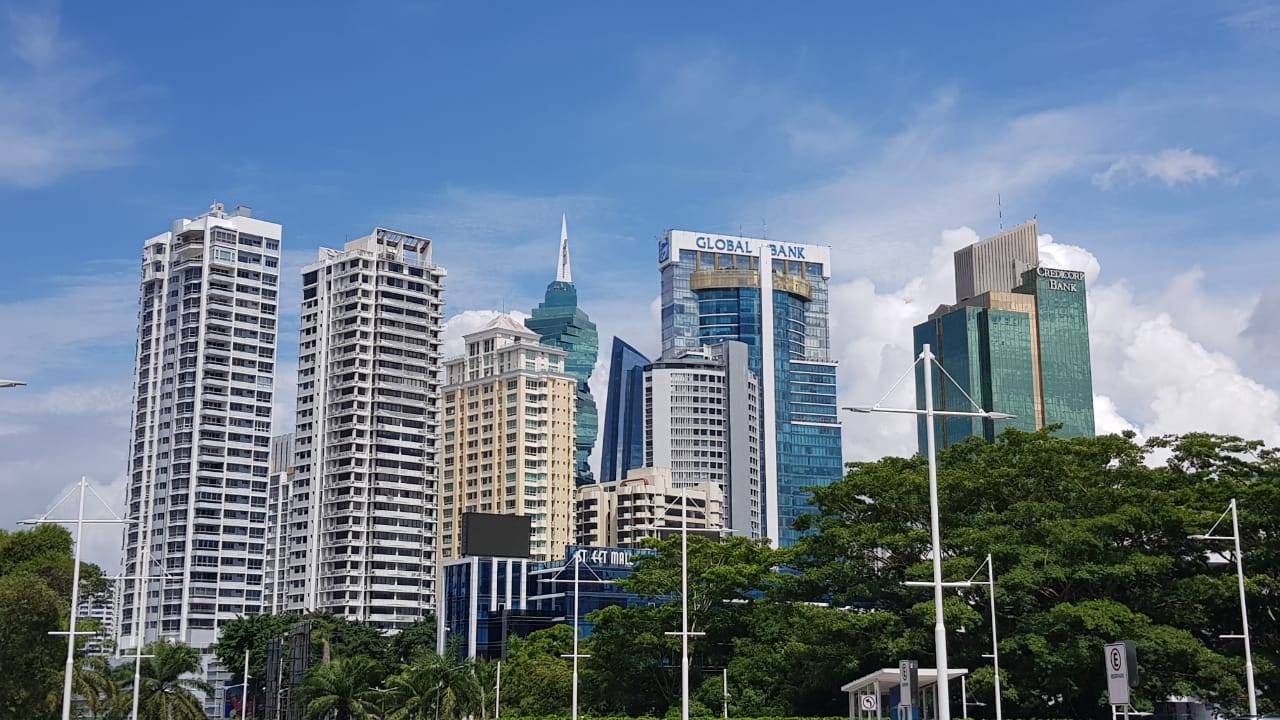The country is looking for options to attract new investments, the regime of multinational manufacturing companies is an alternative.
For a few years the concept of nearshoring has been developing in the business world; However, as a result of the pandemic we are experiencing, this term has been exploited exponentially, with the intention of mitigating some of the negative effects that the current situation has had on certain business models, and thus reduce costs and guarantee certain stability in their operations.
Therefore, with the intention of attracting foreign investment in the country, Panama adds the special regime for the Establishment and Operation of Multinational Companies for the Provision of Services Related to Manufacturing (EMMA) to its portfolio of options, for the purpose for multinational companies to find a safe and competitive space to which to move part of their manufacturing-related operations.
Law No. 159 of August 31, 2020 creates the EMMA regime and establishes tax, immigration and labor incentives for multinational companies engaged in productive processes in Panama. Similarly, Executive Decree No. 33 has already been published, which regulates Law No. 159, and Resolution No. 039-20, which establishes the requirements to apply for an EMMA License.
Multinational companies that wish to obtain an EMMA License must meet one of the following conditions: that the group's consolidated assets are equal to or greater than $ 75,000,000 or that the services are provided to at least three (3) related parties of the group, among other requirements.
Once the multinational company has its EMMA License, it will be able to provide the services allowed under the regime only to related parties of the business group to which they belong. These services include those related to the manufacture and re-manufacture of products; machinery and equipment; assembly services; maintenance and repair; conditioning; product development, research or innovation; analysis, laboratories, tests; and logistics, warehousing, deployment and distribution.
The income derived from these activities will enjoy a reduced income tax rate of 5%, which could be reduced up to 2%, considering that the application of tax credits for income tax withheld locally or in other jurisdictions is allowed. . Another of the relevant tax incentives is the exemption from complementary and dividend tax, notice of operation and ITBMS; the latter, to the extent that the services are provided to related parties that do not generate taxable income in Panama.
In any case, in order to comply with international standards, the income tax incentive will be subject to compliance with substance requirements per fiscal period, which include carrying out the activity in Panama, having an adequate number of qualified employees on time. complete, incur in an adequate amount of operating expenses and present the corresponding Affidavit.
On the other hand, it is important to mention that the EMMA can be established in an existing free zone or special economic area, such as the Colon Free Zone, the Panama Pacific Special Economic Area, among others, in these cases the incentives of the EMMA regime prevail, or, in any other place, as long as they establish a customs control and surveillance area. In addition, companies that have an SEM License may, through the same legal vehicle, request an EMMA License and vice versa.
The EMMA regime simulates all the good practices of the SEM regime, both at the incentive level and in its operation; However, by being focused on production process services and not on shared service centers, it presents a new option for the industry of services related to manufacturing in Panama. This, together with the advantages that the country offers due to its geographical position in terms of product movement and logistics and the possible interaction with other regimes, results in an interesting alternative when considering and evaluating the implementation of nearshoring towards the Latin American region. in multinational companies.
Although it seems to be a promising regime, it is suggested to follow its practical implementation step by step in relation to the needs and business models of interested multinational companies and to evaluate the customs implications that the movement in and out of the fiscal territory could have of the products, machinery and equipment on which the EMMA would provide their services.
Source: https://www.martesfinanciero.com/voz-calificada/nearshoring-panama-incentiva-los-servicios-de-manufactura-a-traves-del-regimen-emma/






